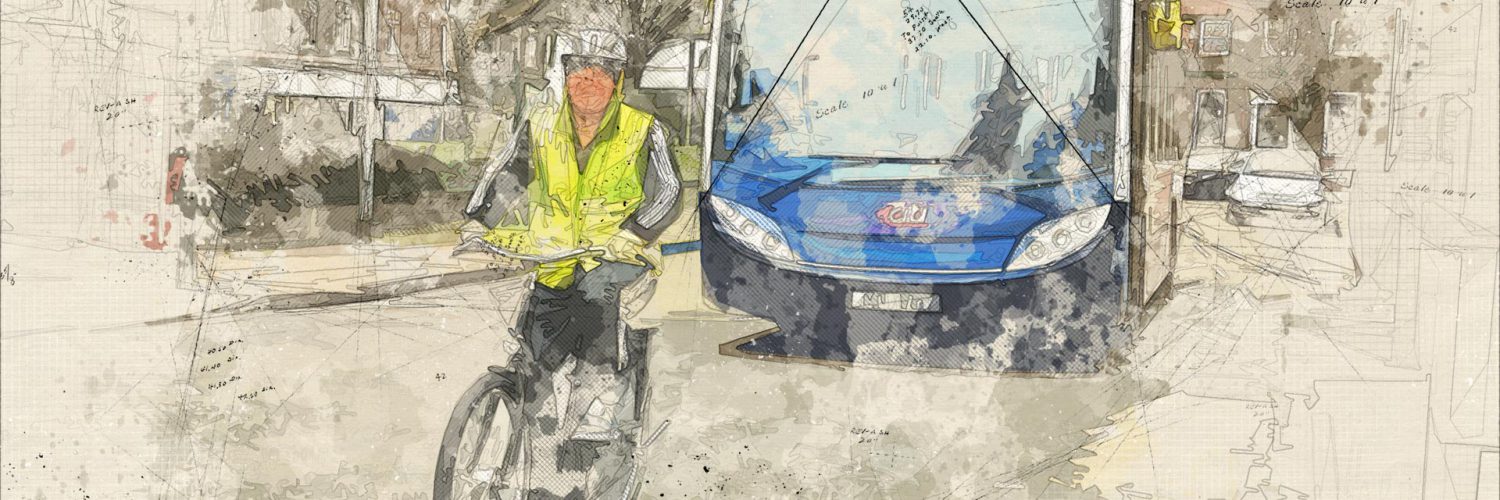Aren’t you just loving the 2017 election season? In the local elections, we had weeks of talk about headline-grabbing transport infrastructure projects. Most candidates stated an ambition to solve the region’s transport woes – but if we’ve learned anything from the Greater Cambridge City Deal so far, it’s that big civil engineering solutions are costly, contentious and cumbersome to deliver. It would have been good if candidates had been able to focus on cheaper and more effective short-term ideas to reduce traffic levels.
Let’s think about reducing school run traffic for a moment. We need to offer families more safe alternatives to driving. What impact on peak hours congestion could we make through a combination of:
- More flexible school timing or a ‘walking bus’ led by a responsible adult;
- Walking/cycling maps issued to the parents of new pupils;
- Starting cycle training before Year 6;
- Bringing back ‘lollipop’ men and women;
- Offering better storage for bikes and belongings at schools;
- Maintaining cycle routes more thoroughly, including unblocking drains to reduce flooding;
- Subsidising bus travel for 16+ students; and
- Creating user-friendly bus information.
Some of these measures cost money. Others just require a change of culture, such as schools encouraging the idea of pupils travelling independently rather than suppressing it. But none of them is as expensive as building busways. The problem is that the terms of the City Deal only allow the funding to be spent on capital projects. So it proposes to spend £208million on the Cambourne connection (excluding the Western Orbital), while Cambridgeshire County Council needs central government to fund continued cycle training in schools.
Our new regional mayor, James Palmer, needs to find a way to break down this silo thinking and overcome the tendency of many politicians to focus on manifesto- and legacy-enhancing projects. To solve congestion, our political leaders need to emulate the world’s most successful cities in embracing the many practical, small-scale and unglamorous ideas out there.
This article was first published in the Cambridge Independent on 10 May 2017.



Great insights on tackling traffic congestion beyond major infrastructure projects! It’s refreshing to see practical, low-cost solutions like flexible school timings, walking buses, and better cycling infrastructure. These measures can significantly reduce school run traffic and improve community mobility. Hopefully, our political leaders will prioritize these effective strategies and break away from solely focusing on large, expensive projects. Let’s embrace these small-scale, impactful ideas to create a more efficient and sustainable transportation system.